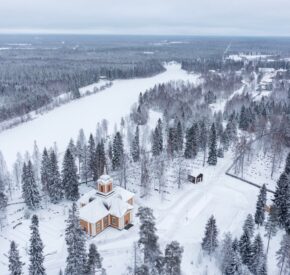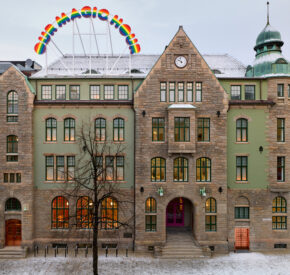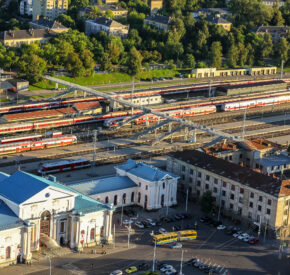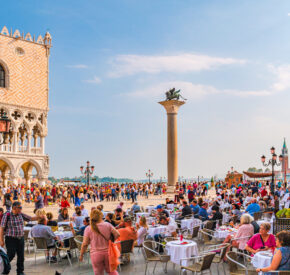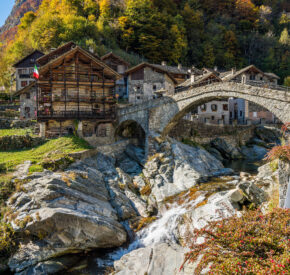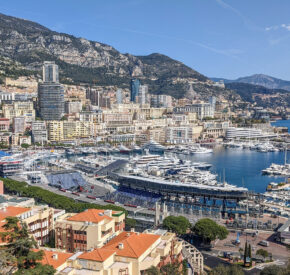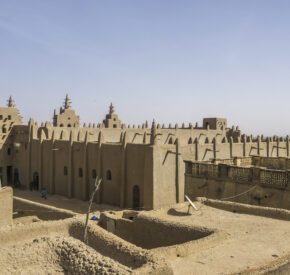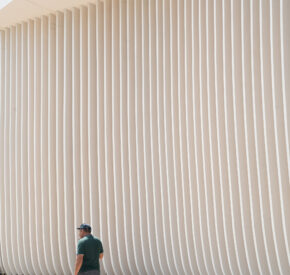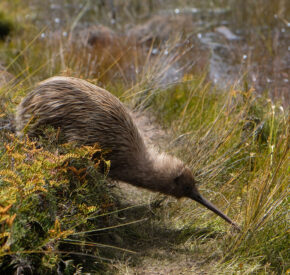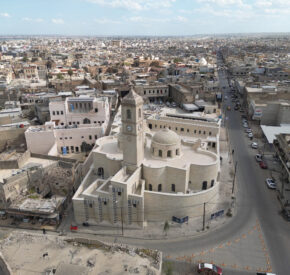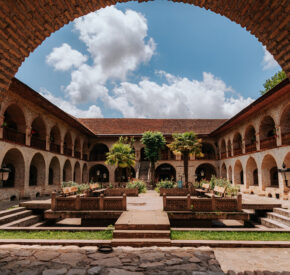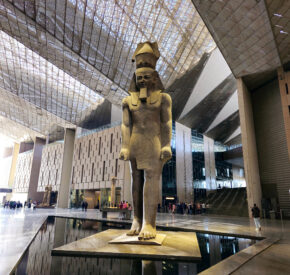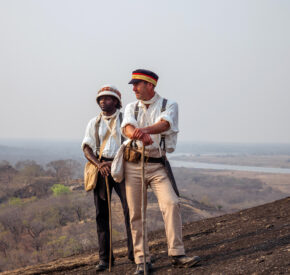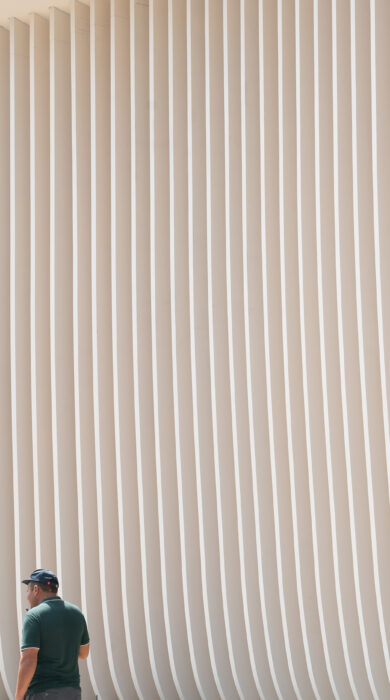
WANDERLUST NEWS
Kazakhstan’s first independent cultural institution to open in a Soviet-era cinema this April Kazakhstan’s first independent cultural institution to open in a Soviet-era cinema this April
Kazakhstan’s first independent cultural institution will be opening its permanent venue within a Soviet-era cinema this April.
The Tselinny Center of Contemporary Culture’s new space is found within the Almaly District at the heart of Almaty, Kazakhstan’s largest city and its former capital.
The contemporary art institution’s name is a reference to both the cinema that has been transformed for the project, and the Soviet ‘Tselina’, or Virgin Lands, campaign of the 1950s and 1960s. Programmes at Tselinny will explore the clash between the Russian vision of Kazakhstan as a barren space ready for industrialisation, and the Kazakh people’s respect for the natural environment and their nomadic traditions. Its wider mission is to tell the story of Kazakhstan’s search for identity.
British architect Asif Khan was tasked with transforming the building, which originally opened in 1964. Once one of the most popular cultural venues in Soviet Alma-Ata, it is hoped that it will no longer serve as a ‘space of projection (a cinema), but rather a space of production and reflection’.
Architect Asif Khan said, “Over seven years of work, I’ve reflected on how we confront the legacy of past ideologies that shaped our cities. My goal isn’t to simply renovate Soviet remnants but to uncover a Tselinny that never was, enabling a future defined by the next generation of artists and audiences. Inspired by the ideas of the institution and its visionary programme, this space, both archaic and futuristic—cloud-like in its fluidity—offers a unique opportunity for artists to plant the seeds of transformative creative exploration. I am drawn to history, but it is the connection to deeper histories and distant futures that drives my work. As a person with a Kazakh wife—who has been part of the project from the beginning—this endeavour is deeply personal, at the heart of what my family stands for.”
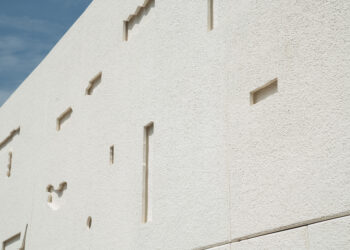
The building itself will be home to an auditorium, gallery, learning atelier, library, and a bookshop. There will also be a terrace and a rooftop restaurant.
Its opening programme, Barsakelmes, pays tribute to the Aral Sea disaster, which saw the fourth largest freshwater lake in the world dry up as a result of overharvesting the rivers feeding the lake for cotton production, as it is named for what was once the largest island in the Aral Sea.
Running from 25 April until 8 June, the programme will take a multi-media approach spanning art, sound, music and dance, with new commissions from Berlin-based Kazakh visual artist Gulnur Mukazhanova and visual artist Dariya Temirkhan.
There will also be an architectural exhibition on the transformation of Tselinny, From Sky to Earth: Tselinny by Asif Khan, and an archival exhibition around the Tselinny documentation project collecting archives of Central Asian contemporary art from 1985 until today, Documentation: Imagination of Central Asia on the Map of Contemporary Art.
More information: tselinny.org/en
Read next:
Exploring the nomadic traditions and natural beauty of Kazakhstan



